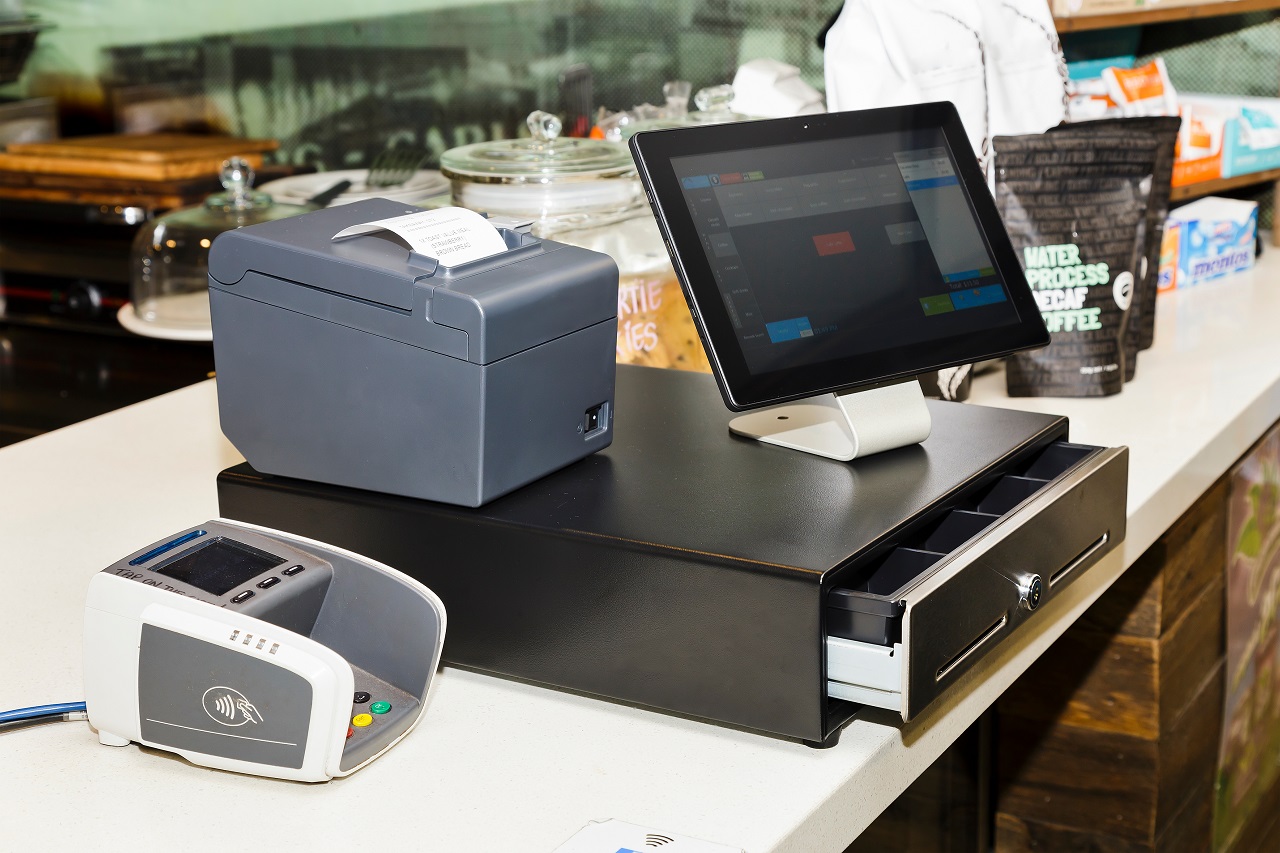Whether you’re upgrading to a new system to keep up with your company’s growth or opening your business for the first time, choosing the right point-of-sale (POS) software shouldn’t be taken lightly. While selecting new POS software isn’t easy, it shouldn’t be a complicated process.
So, before you decide or risk investing in something that might not be what you need, do your homework first and keep the following considerations when choosing the right POS software for your business:
1. Business Needs
Before you review the available options for POS systems, you must define the functions, features, and services you need to manage your company. First and foremost, you must define your business’ overall status. For example, understand why your business needs it. Do you want to streamline your daily operations or upgrade your current system?
After that, classify your company’s pain points, such as inaccurate reporting or difficulty managing inventory. From there, you may conclude what features you need from the POS software and the possible tasks it can simplify.
2. Pricing
The pricing for POS software may vary from one system to another. For this reason, choose a provider that offers straightforward and competitive pricing plans that are easy to understand.
There’s nothing wrong with providers offering contracts because they may help save you money over time. However, they must be optional and not mandatory. Typically, a mandatory contract is seen as a red flag.
Once you encounter mandatory contracts while researching, ask the provider’s representative if they have no-contract options. If they don’t have one, ask why. If they don’t give you a straight answer or you’re not satisfied with their answer, trust your instincts and go with another provider.
3. Usability
You might want your POS software to be user-friendly. When looking at various POS systems, check the interface design to determine whether or not you and your staff can quickly adapt to it.
If possible, opt for something simple with the features you need. You might not want to see your employees reading the user manual over again. The best POS software is easy to use even after the initial training.
In addition, if your POS software is easy to use, your staff won’t feel much pressure. This is essential, particularly during rush hours or demanding situations.
4. Integration
Your POS software will help you manage and run your daily operations, so ensuring that it allows easy integration of other apps and systems you use for your business is crucial. The best POS can integrate tools for the following:
- Marketing
- Customer Relationship Management (CRM)
- Enterprise Resource Planning (ERP)
- Accounting
- eCommerce
- Warehouse management
So, if you think integrating other business tools is the key to optimizing your company’s operations, ensure to choose POS with essential integrations. If necessary, you may also choose mobile POS for businesses to access your data whenever and wherever you want.
5. Customer Support
Regardless of how tech savvy you are, being able to access the customer support line of the POS software vendor is essential. While other providers charge for customer service, some vendors offer free round-the-clock support in different languages. If possible, opt for a vendor that’s accessible via online internet chat, email, and phone.
6. Reporting
One of the ways to improve your business is via data analysis. To achieve better results, select the POS software with reporting features. An excellent POS comes with superb data processing capabilities, allowing users to access data and centralize all reports.
With this feature, you can quickly generate your sales reports anytime. In addition, it can help you develop better and faster improvements for your business.
7. Compliance And Security
Most businesses face security issues, such as attacks from hackers, stolen credit card details, return fraud, and employee theft. For this reason, selecting POS software with compliance and security features is essential.
The most secure POS can prevent unauthorized access to payment systems. Moreover, customers feel safe knowing their personal details are secure when buying items from your company.
Therefore, opt for the POS with encryption features, like two-factor authentication. You must also ensure that it’s compliant with the authorized organizations because it regulates security standards for businesses that handle credit card transactions.
8. Business Budget
It’s vital to choose a POS that fits your budget. Remember that POS's billing structures and costs may vary from vendor to vendor. While some charge monthly subscription fees, others may take a percentage of your monthly sales. Some providers do both.
For this reason, make sure to determine your budget. This way, you’ll know which POS is beneficial for your business. Typically, the right POS for your business depends on your budget and needs. The fees may depend on factors such as software’s functionalities, number of users, location, and transaction volume.
Conclusion
Choosing the best POS software offers countless benefits in modernizing businesses. With the above things to consider, you’ll be able to determine which POS software fits your unique needs to reach your business goals. So, ensure to select an easy-to-use POS that’s suitable to your industry, equipped with essential features, and available at an affordable price.



